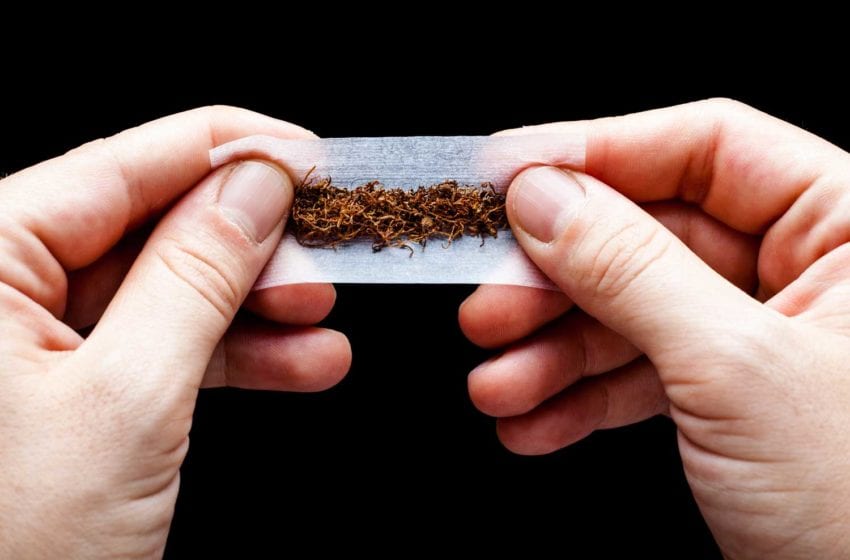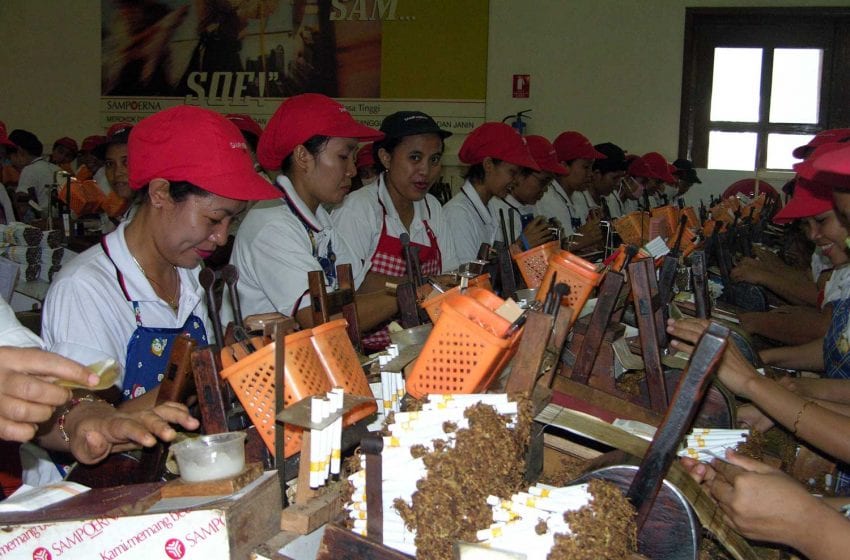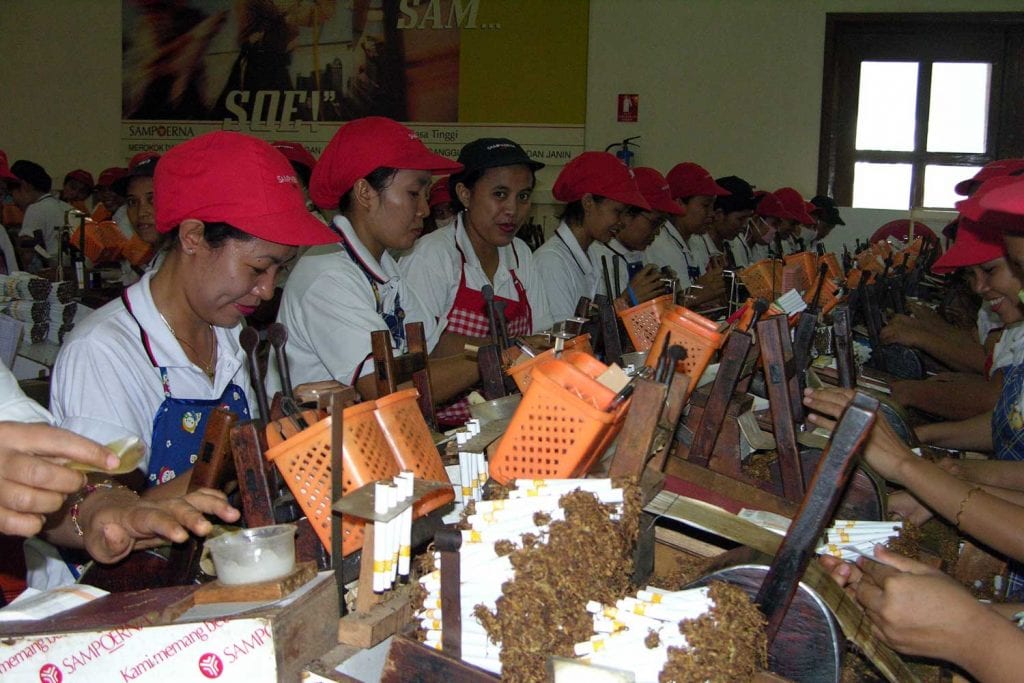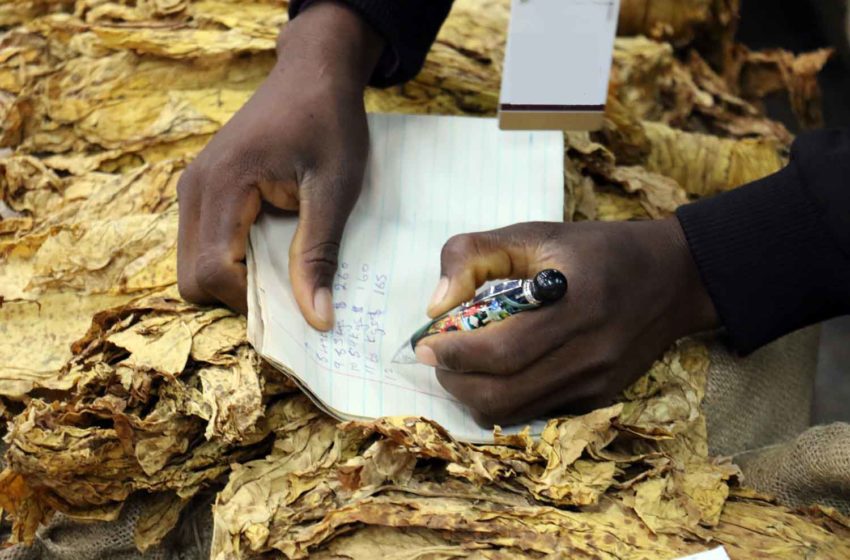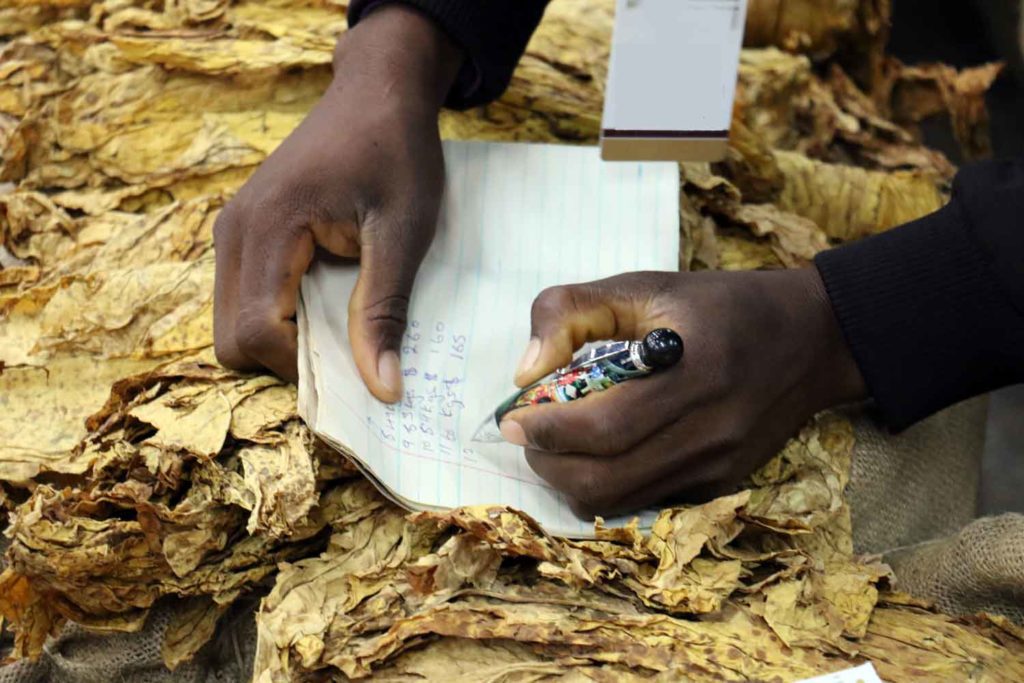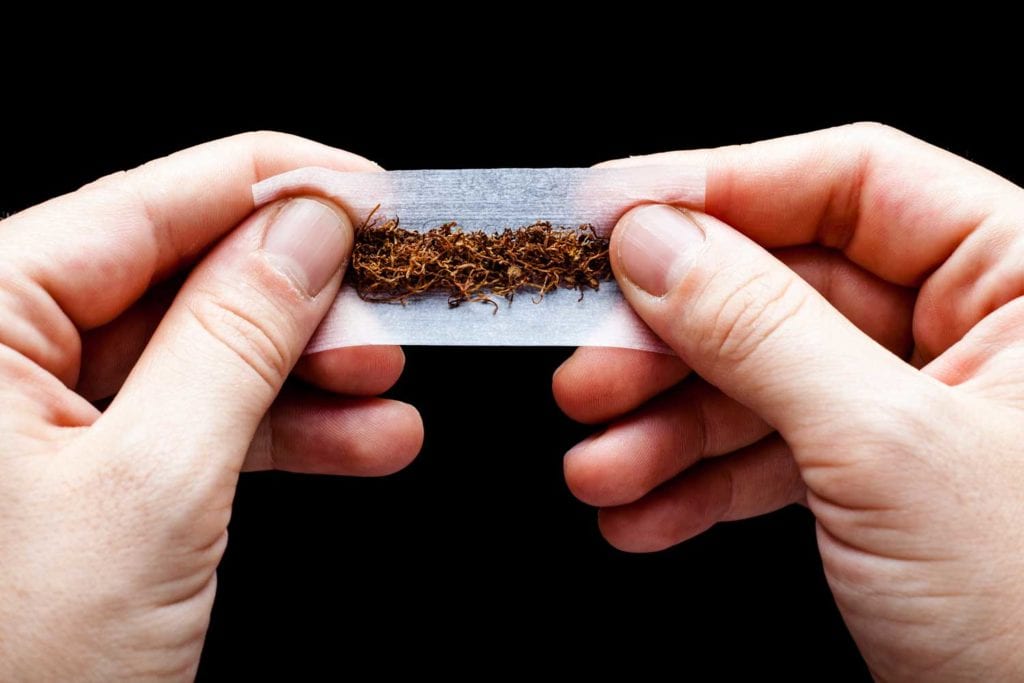
Campaigners have slammed U.K. Chancellor Jeremy Hunt after he announced that duty on hand-rolling tobacco would be increased by 10 percent above the “tobacco duty escalator” (inflation plus 2 percent).
“The chancellor has just raised two fingers to working class people across the country,” said Simon Clark, director of the smokers’ group Forest.
“Raising duty on hand-rolled tobacco by such a punitive amount is going to push more smokers further into poverty or into the hands of illegal traders including criminal gangs.”
Hunt made his comments during his Autumn Statement on Nov. 22, when the chancellor announced his latest financial package to the House of Commons
According to Treasury figures, smokers will be paying an extra £2.21 ($2.77) for a 30-gram packet of hand rolling tobacco.
Smokers will be paying an additional £0.66 per pack of 20 manufactured cigarettes and an extra £0.33 per 10 gram of cigars.
The Treasury expects to rake in an extra £40 million from the measure next year.

This is a clear attack on smokers from poorer backgrounds, many of whom use hand-rolled tobacco because until now it’s been cheaper than buying manufactured cigarettes.
Simon Clark, director, Forest
“This is a clear attack on smokers from poorer backgrounds, many of whom use hand-rolled tobacco because until now it’s been cheaper than buying manufactured cigarettes,” said Clark.
“Instead of punishing adults who smoke with punitive taxation designed to force them to quit, the government should focus on the underlying reasons why a greater proportion of people from lower socioeconomic backgrounds are smokers.
“Often it’s because of their environment but, instead of improving the conditions in which many people live, this Tory government is determined to force smokers to give up a habit that may relieve some of the stress caused by their environment.”

